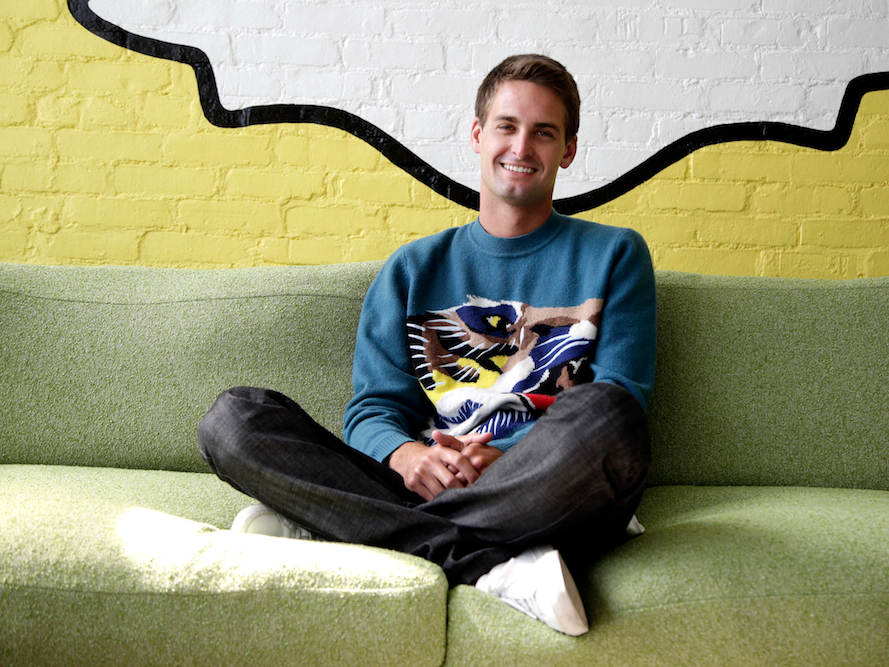- The effects of technology and prolonged screen time on children have been widely discussed and contested by experts and parents alike.
- Tech moguls like Steve Jobs raised their children mostly tech-free.
- Other execs, like Google CEO Sundar Pichai and Snapchat CEO Evan Spiegel, strictly limit their children’s screen time throughout the week.
- Here’s how some of the world’s most notable tech executives limit their children’s contact with technology.
- Visit Business Insider’s homepage for more stories.
In a world that relies on technology more and more every day, it can be difficult for adults to set healthy boundaries for their children.
In 2019, after the World Health Organization released guidelines dictating that children aged 5 and under should have no more than one hour of screen time a day, the debate over how parents should monitor their kids’ exposure to tech intensified.
Even tech moguls themselves have called into question the effects of excess screen time on developing brains. Pioneers like Steve Jobs have said they had strict boundaries on technology when raising their kids, and they’ve cautioned parents about letting children spend too much time in front of a screen.
Other CEOs, like Google’s Sundar Pichai, impose strict limits on their children’s use of technology at home.
From digital curfews to banning devices at the dinner table, here is a list of how six tech giants raise their kids with little to no technology.
Google CEO Sundar Pichai's middle-school-aged son doesn't own a cell phone — and the TV can only be accessed with "activation energy."

In 2017, Google CEO Sundar Pichai told the New York Times that he tries to be intentional in limiting his family's collective screen time by making the TV difficult to access - but this decision wasn't without internal conflict.
"At home, our television is not easily accessible, so that there is 'activation energy' before you can easily go watch TV," Pichai said. "I'm genuinely conflicted, because I see what my kids learn from all this."
In addition to monitoring how much time his kids are spending using technology, Pichai said he tries to cut back on his own cellphone and computer use - not an easy feat for the CEO of a Fortune 500 tech company.
Pichai's standards for screen time in the household may stem from his own childhood in Chennai, India. He told Bloomberg that he grew up with little phone access, no computer, and no television.
In Steve Jobs' household, dinnertime was reserved for face-to-face conversation with his children — meaning no iPads or iPhones in sight.
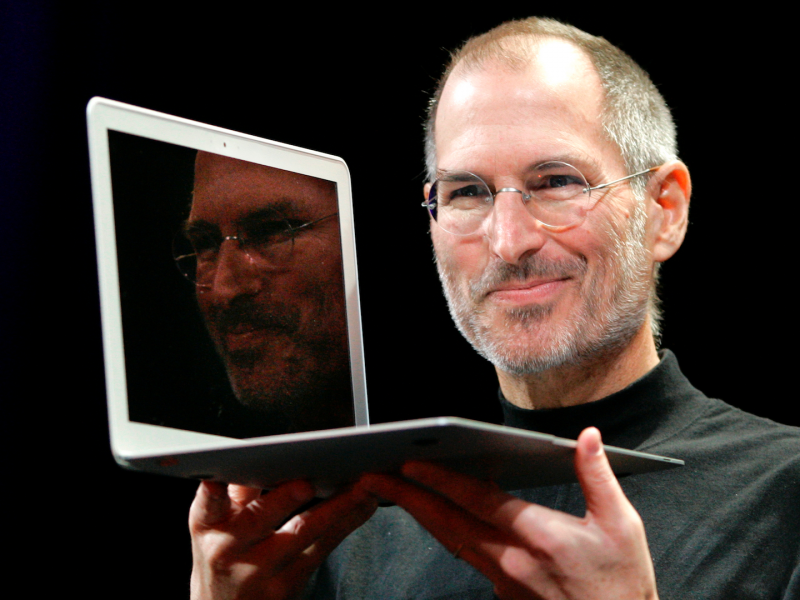
Walter Isaacson, author of "Steve Jobs," told the New York Times in a 2014 interview that the Jobs household was a fairly tech-free one, even though it belonged to one of the most prolific tech executives in Silicon Valley history.
According to Isaacson, family dinners in particular were special to Jobs, the late Apple CEO, because they provided a space for him to discuss different topics and connect with his kids.
"Every evening Steve made a point of having dinner at the big long table in their kitchen, discussing books and history and a variety of things," Isaacson told the New York Times' Nick Bilton. "No one ever pulled out an iPad or computer. The kids did not seem addicted at all to devices."
In addition to having tech-free family dinners, apparently the Jobs children hadn't even tried out the iPad after it hit shelves in 2010.
"They haven't used it," Bilton recalled Jobs saying. "We limit how much technology our kids use at home."
YouTube CEO Susan Wojcicki and her husband, Google executive Dennis Troper, want their children to learn how to manage technology responsibly and balance screen-time with other activities.
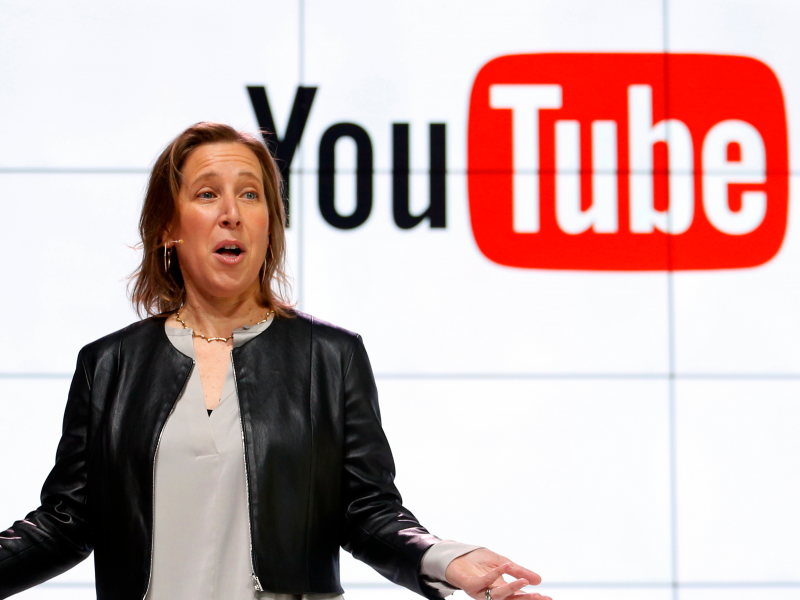
In 2019, YouTube CEO Susan Wojcick told The Guardian that she while she prefers her five children to create 'self-control methods,' there are times when she needs to limit screen-time.
"I have times when I take away all my kids' phones, especially if we're on a family vacation, because I want people to interact with each other," said Wojcick. "So, I take away their phones and say: 'We're all going to focus on being present today.'"
Wojcick emphasizes that she wants her children to have a healthy outlook on devices and understand when it is time to take a break from them.
Reddit cofounder Alexis Ohanian and tennis icon Serena Williams say they plan on limiting their daughter's screen time as she gets older.
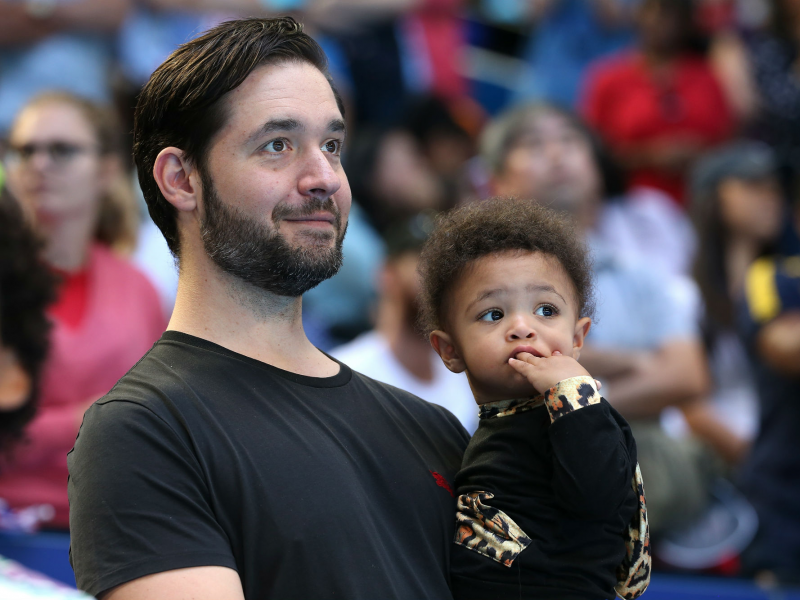
Although the daughter of Reddit cofounder Alex Ohanian and tennis icon Serena Williams is only two years old, Ohanian told CNBC that the couple already have a game plan for when their toddler develops a curiosity for all things digital.
"My wife and I both want her to know what it's like to have limits on tech," Ohanian said. "I do look forward to playing video games with her when she's older, but it's really important that she gets time to just be with her thoughts and be with her blocks and be with her toys, so we'll be regulating it pretty heavily."
Investor and 'Shark Tank' star Mark Cuban set up special routers in his house, allowing him to monitor when his kids are using the internet — and shut down all activities when they go over their set screen-time limits.
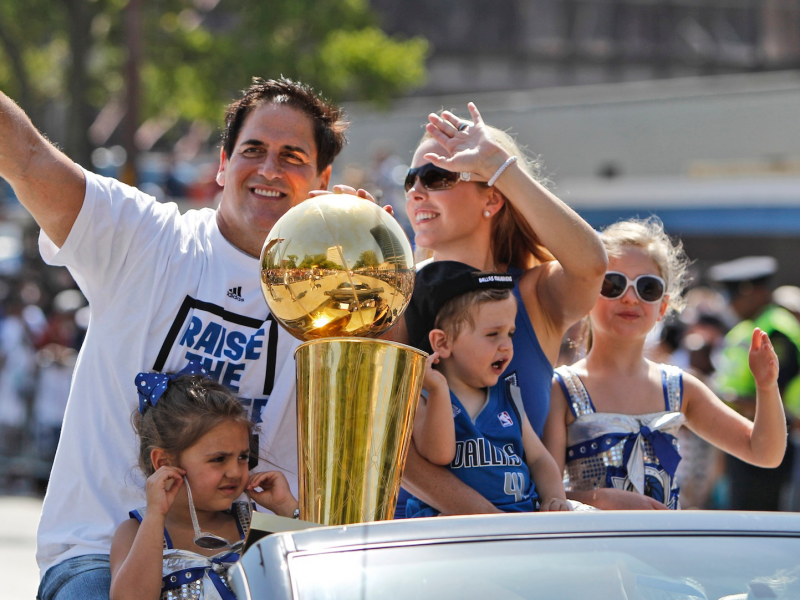
Mark Cuban, the billionaire investor and star of "Shark Tank," initially set up a rewards system for his kids to earn screen time. For every hour of reading, the Cuban kids would get two hours of Netflix. His son would often also exchange math problems for Minecraft time.
But once his kids figured out ways to get around the rules - like borrowing a friend's Netflix password - Cuban wised up. He installed special routers that can detect what apps his kids are using in addition to giving him the option to turn off activity.
"That's the downside of having a geeky dad, you know. I can figure all this stuff out," Cuban said on the Thrive Global Podcast in 2017.
Snapchat cofounder and CEO Evan Spiegel and former Victoria's Secret Angel Miranda Kerr limit their 8-year-old's screen time to 1.5 hours per week.
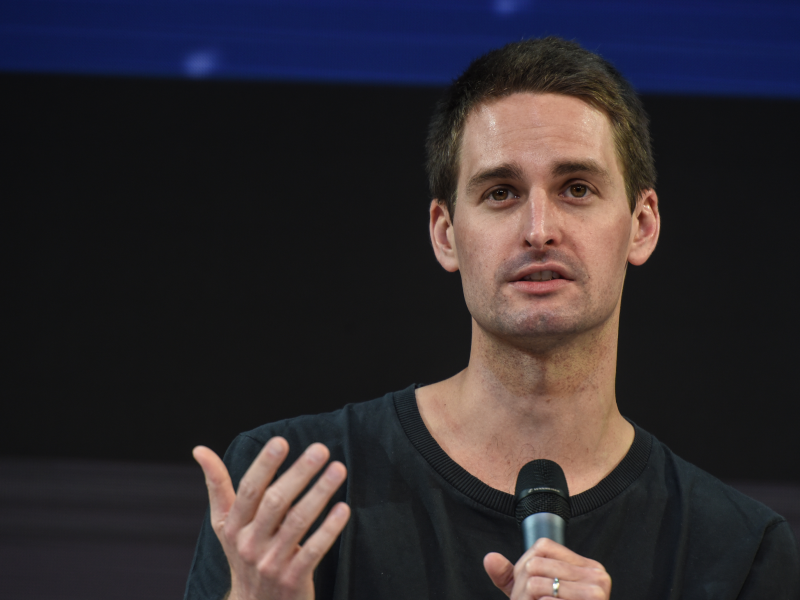
Spiegel himself grew up not watching TV as a kid, and has said it forced him to read, build things, and think for himself. He told the Financial Times that he wants to pass on the same benefits to his daughter.
Though that doesn't necessarily mean he wants to completely cut her off from technology.
"I think the more interesting conversation to have is really around the quality of that screen time," Spiegel told the Financial Times.
Spiegel has in the past advocated for more parents to consider reevaluating and limiting their kids' screen time.
